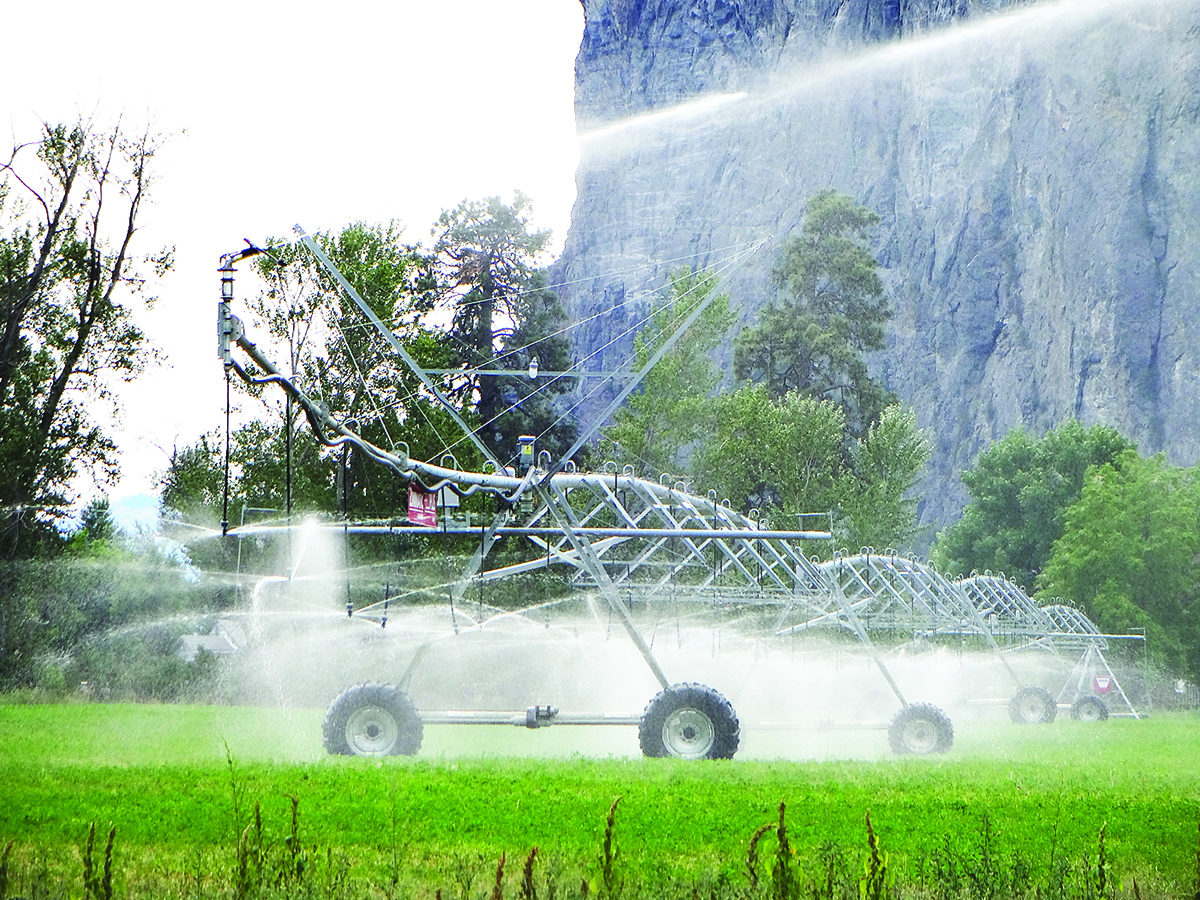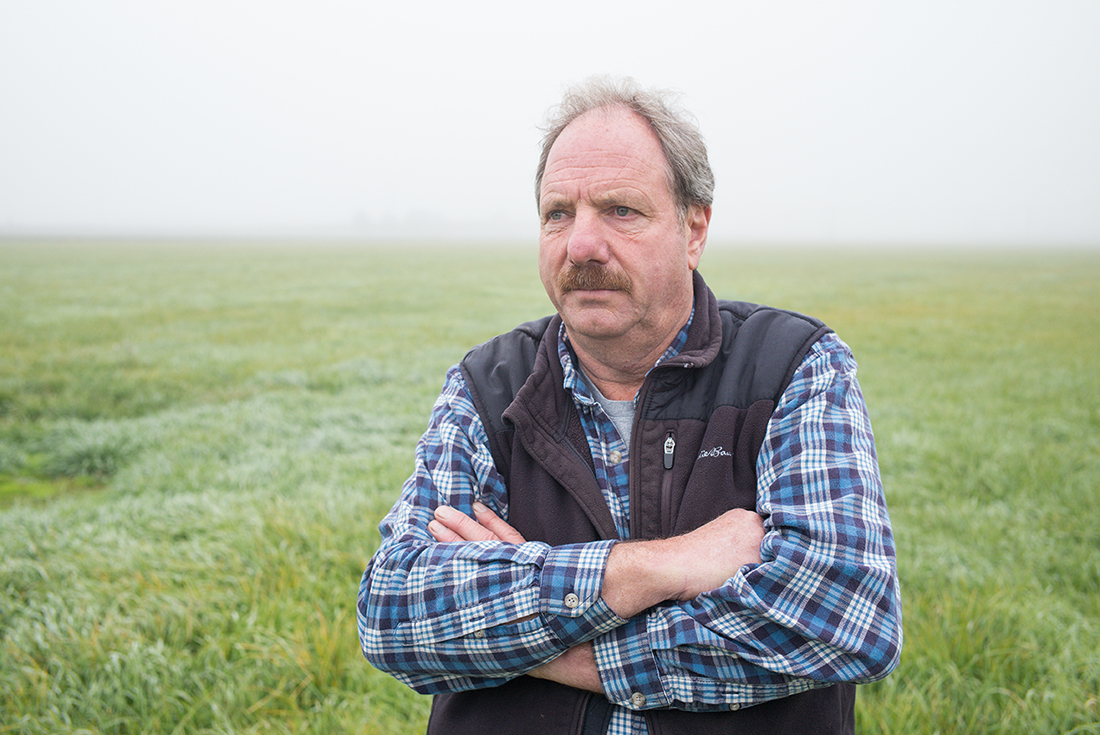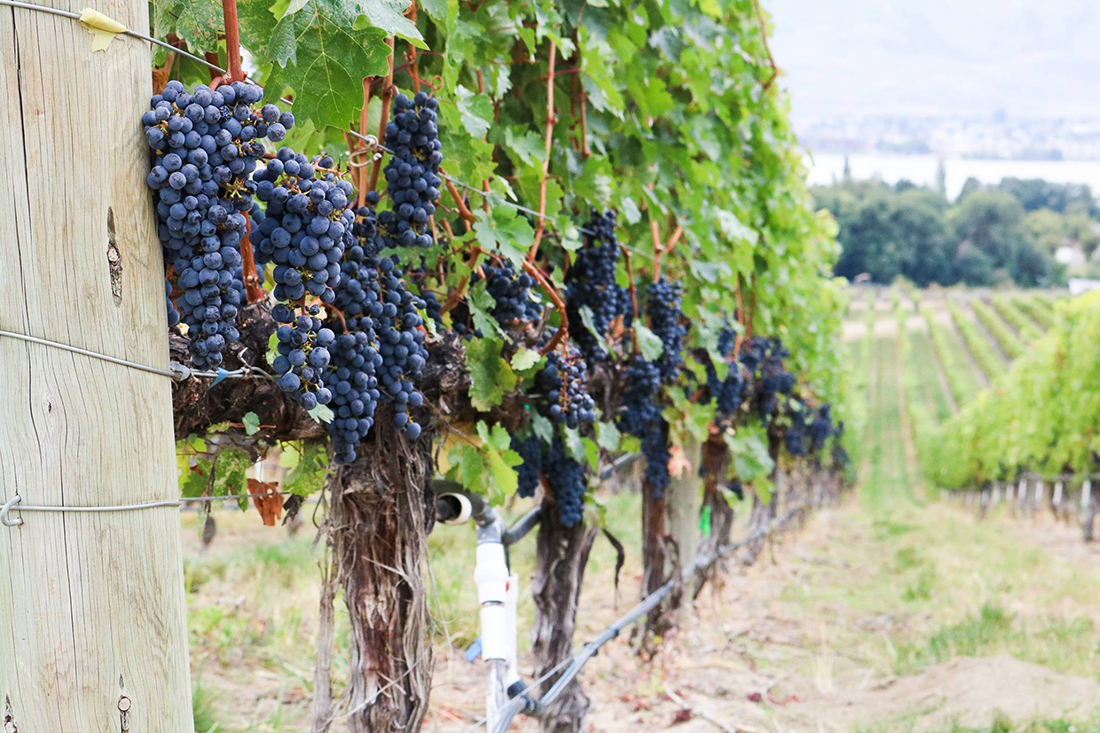Property owners now have three more years to register existing wells that draw water for non-domestic purposes and apply for a licence to use groundwater.
The new deadline of March 1, 2022 is the third such extension in as many years, and exempts existing well owners from application and licensing fees.
Without the extension, thousands of groundwater users would have become outlaws this Friday and, perhaps more important, lost their priority to access water if supplies ever run short.
The province originally expected to register about 20,000 existing wells as part of its transition to a first in time, first in right (FITFIR) system, but the BC Ministry of Forests, Lands, Natural Resource Operations and Rural Development says only 4,737 applications have been received. Of these, just 462 licences have been issued over the past three years.
“The application intake has been lower than expected and for many groundwater users, recognizing the value of a licence to secure their water rights represents a significant change,” the ministry said in a memo to stakeholders on February 19.
The new regime mirrors water management protocols in many US states, and aims at better managing a resource whose extent isn’t easily estimated. FITFIR means that if groundwater supplies fall short in a given area, the oldest wells will be given priority over more recent wells.
An annual rent will be charged groundwater users, too, attaching a cost to a resource many have taken for granted. Users who register and licence their wells must pay for water drawn since February 29, 2016. The province has collected $680,000 in existing use groundwater rentals over the past three years.


 Zylmans tenders resignation to BCPVGA
Zylmans tenders resignation to BCPVGA